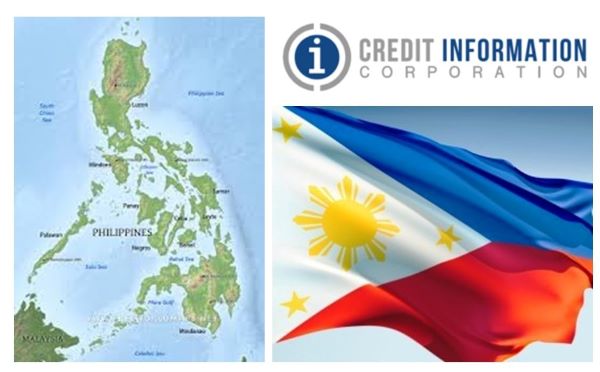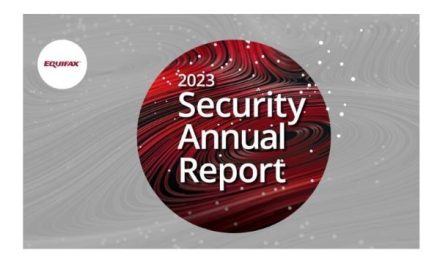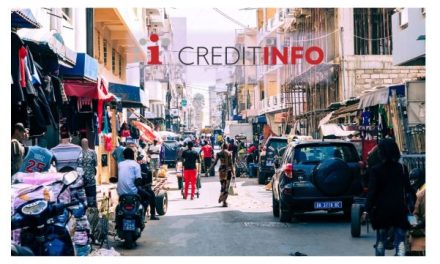The Credit Information Corporation (CIC), the country’s public credit registry and repository of credit information, supports the Securities and Exchange Commission (SEC) and the Bangko Sentral ng Pilipinas (BSP) in the implementation of a ceiling for interest rates and other fees for specific loans offered by lending companies (LCs), financing companies (FCs), and their Online Lending Platforms (OLPs).
“The CIC is one with SEC and BSP in protecting the welfare of Filipino borrowers from unsustainable interest rates arising from excessive  hedging and risk-provisioning during the pandemic while improving access to credit, as we work towards full economic recovery,” President and CEO Atty. Ben Joshua A. Baltazar expressed.
hedging and risk-provisioning during the pandemic while improving access to credit, as we work towards full economic recovery,” President and CEO Atty. Ben Joshua A. Baltazar expressed.
The BSP initially released prescribed caps on interest rates and other fees for specific loans offered by LCs, FCs, and OLPs, through its Memorandum Circular No. 1133, series of 2021. Loans covered by the ceilings are those unsecured, general-purpose loans that do not exceed the amount of P10,000, and loan tenor of up to four months.
Earlier this month, the SEC released Memorandum Circular No. 03, series of 2022 implementing the ceiling on interest rates as prescribed by the central bank on LCs, FCs, and OLPs.
Lower interest rates and access to credit
Atty. Baltazar further explained how this initiative by the BSP and SEC is connected to the CIC’s call to break the negative stigma surrounding credit: “One of our thrusts at the CIC is to educate the public on credit as an important financial tool. Specifically, we aim to correct the stigma associated with credit that it is synonymous to financial hardship, mismanagement, and vulnerability—which should not be the case.”
“For now, the implementation of a ceiling on the interest rate and other fees for these small-value loans will assist borrowers in managing their payback schedule and maintain a healthy credit history during this critical period of economic recovery. In the meantime, continuous improvements to the CIC database will provide lenders with better information for their credit decisioning and risk management activities, which will lead to lowering the overall cost of credit,” he added.
According to the 2019 Financial Inclusion Survey published by the BSP, out of the 33 percent of adults with outstanding loans, half applied for loans from informal sources such as informal lenders (54%) and family and friends (41%).
Earlier, the CIC also issued an advisory and cautioned the public to be vigilant against the malicious use of its name and logo by OLPs who engage in abusive, unethical, and unfair means of collecting debt payments.
The public is advised to report these incidents to cichelpdesk@creditinfo.gov.ph . Moreover, if they encounter harassment and abuse from financial institutions, they may report these incidents to the SEC through cgfd@sec.gov.ph.
“Contrary to what these lenders claim, the CIC does not blacklist delinquent borrowers in its database nor does it collect payments on behalf of any financial institutions,” PCEO Baltazar said.
He also added that the CIC will continuously support the SEC in its information and awareness campaigns through its webinars on the rights of borrowers and consumers.
For more information and updates on the upcoming events and activities of the CIC in combating abusive lending practices, please visit the official Facebook page (facebook.com/creditinfo.gov.ph) or website of the agency (www.creditinfo.gov.ph).
 The Credit Information Corporation (CIC), a government-owned and controlled corporation, was created by Republic Act No. 9510, otherwise known as the Credit Information System Act (CISA). The primary mandate of CIC is to establish a comprehensive and centralized credit information system for the collection and dissemination of fair and accurate information relevant to, or arising from, credit and credit-related activities of all entities participating in the ecosystem.
The Credit Information Corporation (CIC), a government-owned and controlled corporation, was created by Republic Act No. 9510, otherwise known as the Credit Information System Act (CISA). The primary mandate of CIC is to establish a comprehensive and centralized credit information system for the collection and dissemination of fair and accurate information relevant to, or arising from, credit and credit-related activities of all entities participating in the ecosystem.


























